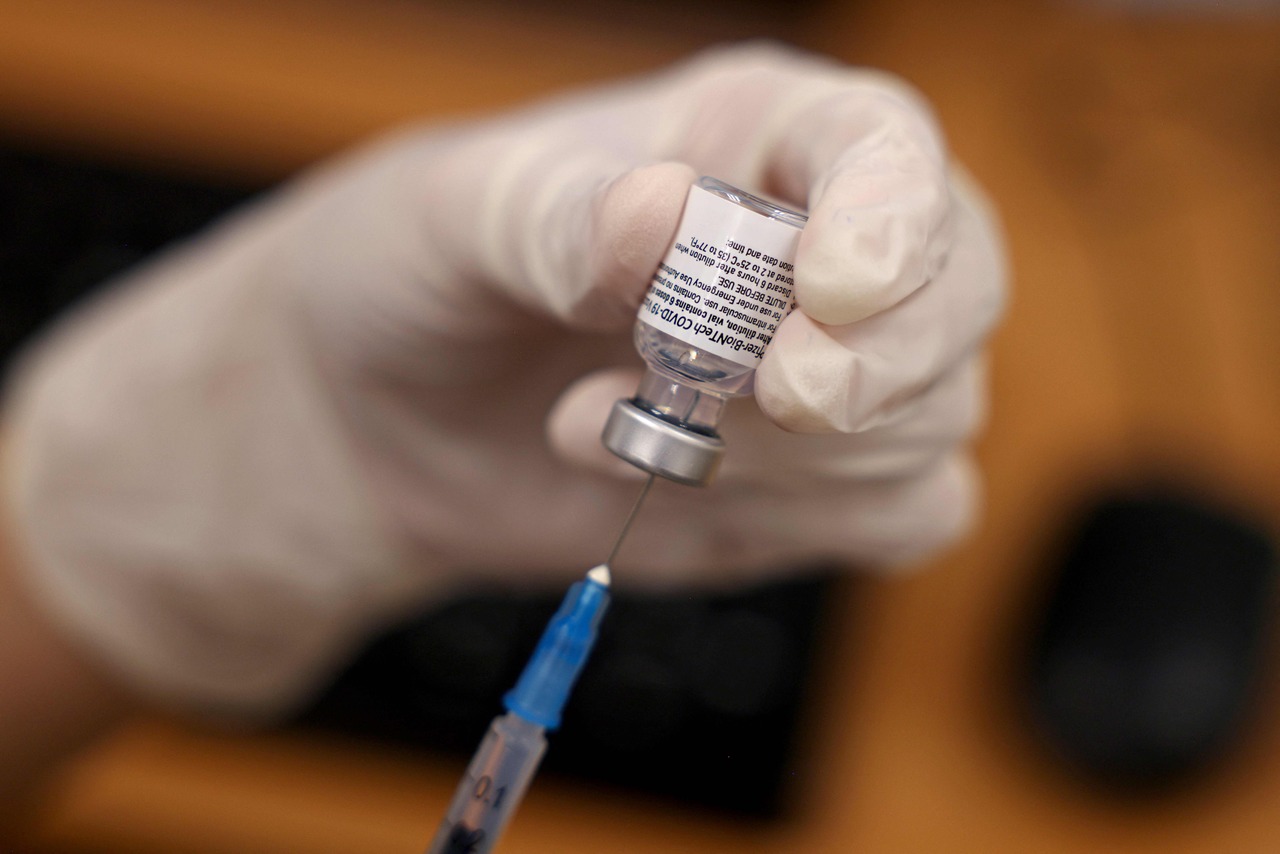WHO calls for moratorium on Covid-19 vaccine booster doses
Sign up now: Get ST's newsletters delivered to your inbox

The move was to enable that at least 10 per cent of the population of every country was vaccinated.
PHOTO: AFP
GENEVA (REUTERS) - The World Health Organisation is calling for a moratorium on Covid-19 vaccine boosters until at least the end of September, its head Tedros Adhanom Ghebreyesus said on Wednesday (Aug 4).
The move was to enable at least 10 per cent of the population of every country to be vaccinated, Dr Tedros said.
"I understand the concern of all governments to protect their people from the Delta variant. But we cannot accept countries that have already used most of the global supply of vaccines using even more of it," Dr Tedros added.
High-income countries administered around 50 doses for every 100 people in May, and that number had since doubled, according to WHO.
Low-income countries have only been able to administer 1.5 doses for every 100 people, due to lack of supply.
"We need an urgent reversal, from the majority of vaccines going to high-income countries, to the majority going to low-income countries," said Dr Tedros.
Some countries have begun to use or started weighing on the need for booster doses.
Germany said on Monday it will in September start to offer a booster shot to vulnerable people. The United Arab Emirates will also start providing a booster shot to all fully vaccinated people considered at high risk, three months after their second vaccine dose, and six months for others.
"We need an urgent reversal, from the majority of vaccines going to high-income countries, to the majority going to low-income countries," said Dr Tedros.
Some countries have begun to use or started weighing on the need for booster doses.
Germany said on Monday it will in September start to offer a booster shot to vulnerable people. The United Arab Emirates will also start providing a booster shot to all fully vaccinated people considered at high risk, three months after their second vaccine dose, and six months for others.
Last week, Israeli President Isaac Herzog received a third shot of coronavirus vaccine, kicking off a campaign to give booster doses to people aged over 60 as part of efforts to slow the spread of the highly contagious Delta variant in the country.
The United States in July signed a deal with Pfizer and German partner BioNTech to buy 200 million additional doses of their Covid-19 vaccines to help with paediatric vaccination as well as possible booster shots.
US health regulators are still assessing the need for a booster dose.
"We need instead to focus on those people who are most vulnerable, most at risk of severe disease and death, to get their first and second doses," Dr Katherine O'Brien, director of immunisation vaccines and biologicals at the WHO, told reporters.


